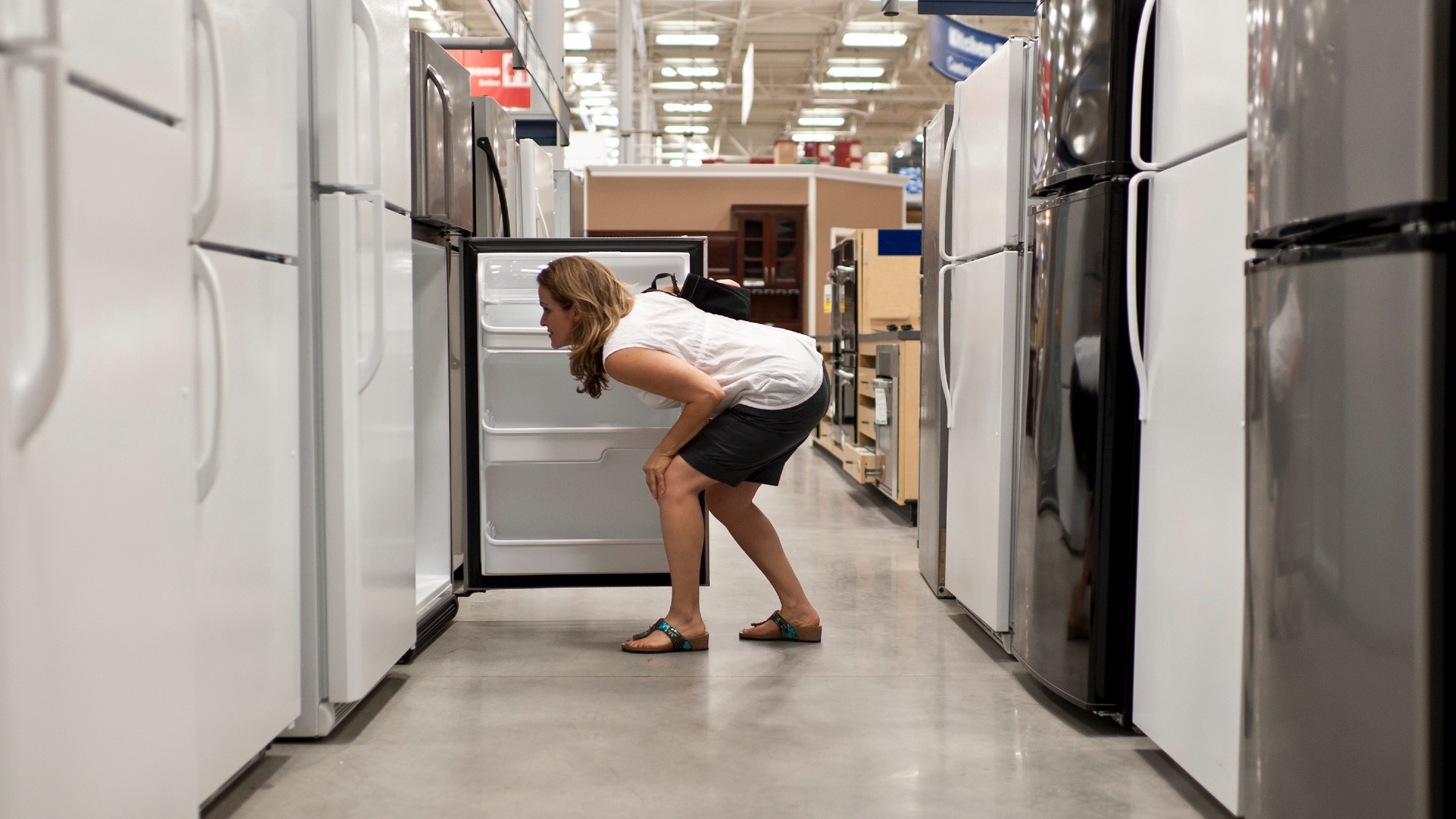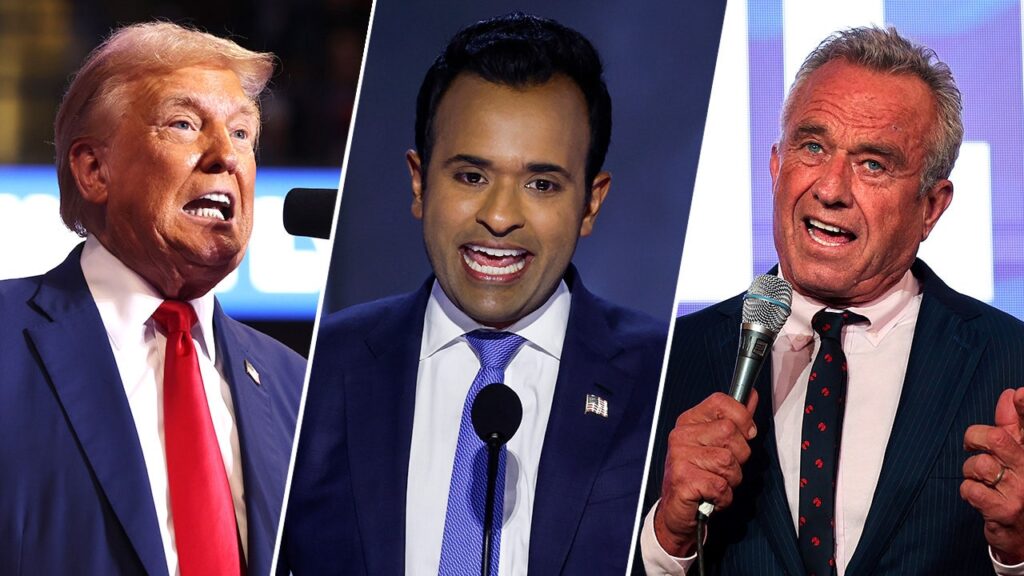To panic purchase or not to panic purchase? That is the question, as uncertainty over President Trump’s tariffs — and the future prices of consumer goods, from electronics to appliances to clothing — persists.
Since the situation on tariffs, including when they apply and how much they run, is seemingly evolving by the day, it can understandably feel difficult to know exactly what effects these taxes on foreign goods may have. However, “one thing is for sure: almost everything you buy is getting more expensive,” said NBC News, citing Dr. Ross Steinman, a professor of consumer psychology at Widener University.
How much could tariffs affect prices?
It is ultimately “impossible to know exactly how the taxes on imported products and raw materials will impact your finances,” said Kiplinger. That said, “experts can venture an educated guess.” For example, the Yale Budget Lab projects that price increases that occur as a result of tariffs could “cost the average household $3,800 annually.”
Subscribe to The Week
Escape your echo chamber. Get the facts behind the news, plus analysis from multiple perspectives.
SUBSCRIBE & SAVE
Sign up for The Week’s Free Newsletters
From our morning news briefing to a weekly Good News Newsletter, get the best of The Week delivered directly to your inbox.
From our morning news briefing to a weekly Good News Newsletter, get the best of The Week delivered directly to your inbox.
Pricing will likely shoot up more in some shopping categories than in others. In particular, it is anticipated that cars, tech, furniture, appliances and clothing will get more costly due to the planned tariffs.
Is it smart to stock up ahead of tariffs?
Even though tariffs are likely to drive up costs, that does not necessarily mean you should start shopping to try to get ahead of them. For one, no one can predict precisely what the impact of tariffs will be. “We don’t know how countries are going to react to the U.S. tariffs, or how much courage Mr. Trump will have in maintaining them,” said The New York Times.
In other words, “when it comes to larger purchases like cars or home appliances, if you don’t need a replacement immediately, it may be wise to wait and see what price swings actually look like,” said CNBC Make It, citing Lawrence Sprung, a certified financial planner based in Long Island, New York.
Secondly, introducing panic to your purchasing is not a recipe for sound decision-making. Instead, it could “cause you to spend over your budget or take on debt,” said Kiplinger.
How should you financially navigate tariff uncertainty?
If panic buying is not the answer to the ongoing uncertainty over tariffs, then what is? There are a number of things consumers can consider doing:
Make repairs instead of simply replacing. This can especially make a difference for “big-ticket items, such as cars or appliances,” said Kiplinger.
Opt for store brands. Instead of buying name-brand, “switch to store brands, which tend to cost less, for everyday essentials like groceries, paper goods and cleaning products,” said CNBC Select.
Keep your eyes peeled for savings as they come. For example, in early April, “Ford dropped many prices, seeking headlines and competitive advantage,” said the Times. These types of deals may not stick around for long.
Consider buying domestically produced goods. This shopping strategy can be particularly beneficial when it comes to items that could get hit hard by tariffs.
Focus on the financial basics. Pay attention to what you “can control” when it comes to your finances, like “bolstering your emergency fund and reviewing your budget,” said CNBC Make It.



